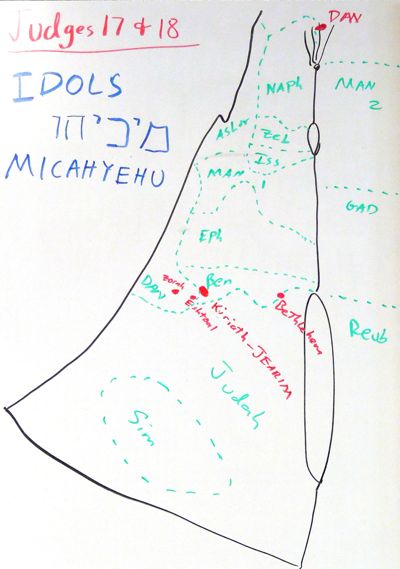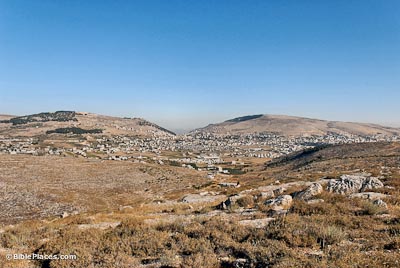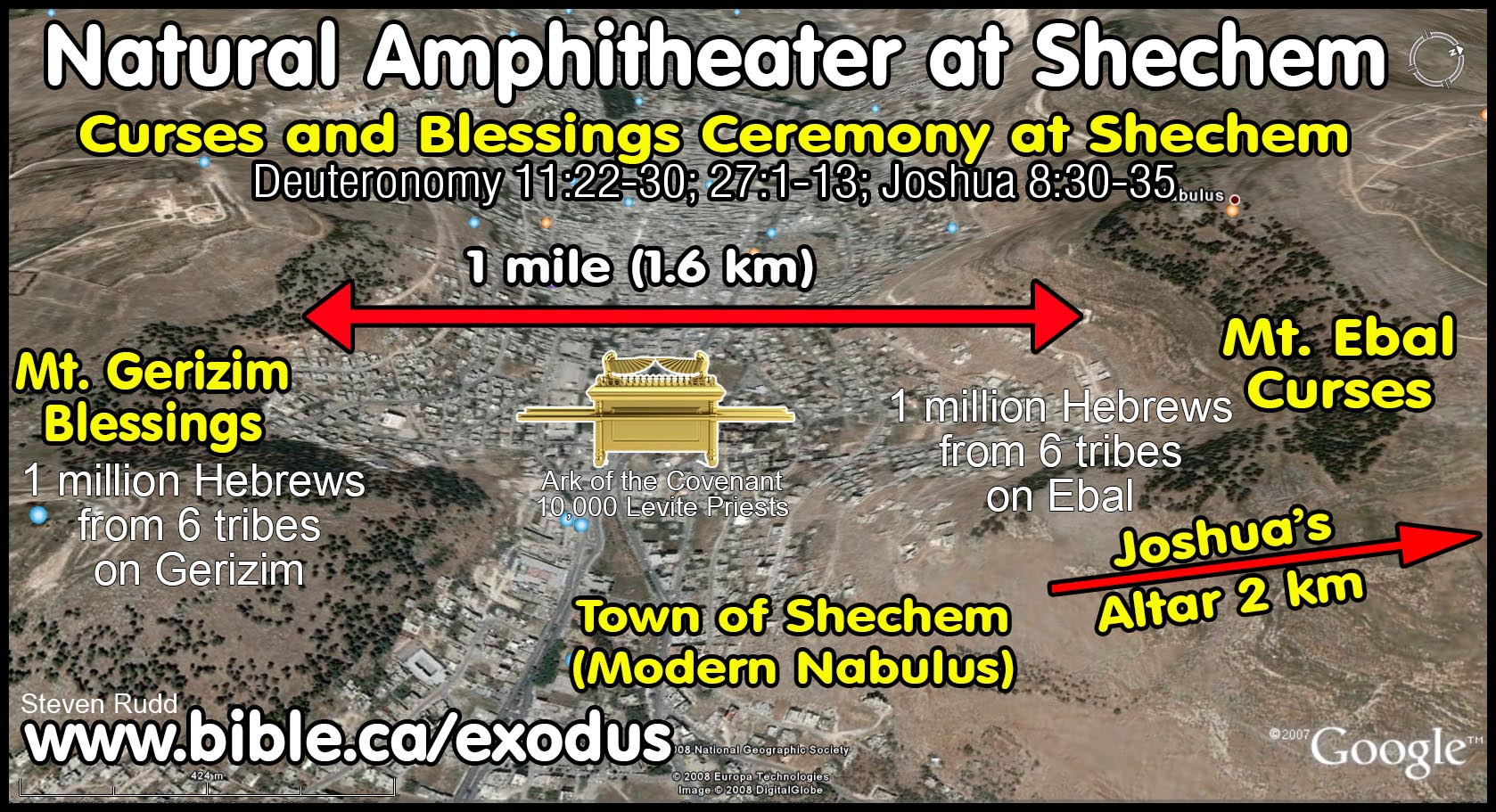Micah was from Ephraim He took advantage of his mother (money stolen from her, he stole?) Also, he instituted his own private shine for worship, with idols he made, and he hired a Levitical priest (Jonathan, Moses' grandson---poor Moses!) His faith seems to be a bastardization of the Hebrew faith with pagan idolatry.

Meanwhile, the tribe of Dan had been having problems gaining possession of their appointed land. They were forced up into the hill country by the Amorites. Apparently this had been a problem from the beginning--they never full possessed their territory.
When Dan came out of Egypt, they were the second most populous tribe (behind Judah) Numbers 2:26.
There is some interesting background information here about the tribe, though I'm not sure how reputable it is:
http://britam.org/dan3.html
and lots of Dan related articles here (many many more than I can assimilate):
http://www.britam.org/DanContents.html
It seems fit that the Danites came in and stole his idols---that they were able to coerce the priest into leaving with them. It reminds me again of Abimelech---God will let you "have it your way" but don't be surprised when the pieces of wrongness that you allowed in come back to betray you as well/bit you in the end.
When they take off without Micah, I like BKC's pithy assessment here:
"His pathetic question concerning his idols — What else do I have? — reflects the emptiness of idolatry."-BKC
Idols make cold bedmates in the end.
It's also sad how two dysfunctional groups play off each other---Micah and the Danites both spur each other onto evil.
This seemingly somewhat small incident flowers into full blown idolatry up that way. After Dan conquers Laish:
"The Danites rebuilt the city and named it Dan after their tribal forefather. More significantly (and sadly), they established a tribal center of idolatrous worship under the priesthood of Jonathan son of Gershom (cf. Exo_2:22) which extended through his descendants until the time of the captivity of the land."
"The reference to the house of God… in Shiloh (modern Seilun 19 miles north of Jerusalem) implies that the worship at the Danite shrine opposed the true worship of the Lord at Shiloh (cf. Jos_18:1). This false worship in Dan was a forerunner of that of Jeroboam I who later established a Northern Kingdom shrine at Dan (cf. 1Ki_12:28-31)."-BKC
Also interesting from the BBC:
"The city of Dan became an idolatrous city from this time onward. It was here that Jeroboam later set up one of the golden calves. It is not known whether the captivity mentioned in verse 30 refers to a Philistine captivity of that area (e.g., 1Sa_4:11) or the Assyrian captivity (2Ki_15:29).
Not all the Danites went to Laish (v. 11) or sank into idolatry. Some stayed in their land, between Judah and Ephraim. Samson, the most famous member of this tribe, was from this latter group of Danites."
"The city of Dan became an idolatrous city from this time onward. It was here that Jeroboam later set up one of the golden calves. It is not known whether the captivity mentioned in verse 30 refers to a Philistine captivity of that area (e.g., 1Sa_4:11) or the Assyrian captivity (2Ki_15:29).
Not all the Danites went to Laish (v. 11) or sank into idolatry. Some stayed in their land, between Judah and Ephraim. Samson, the most famous member of this tribe, was from this latter group of Danites." -BBC











